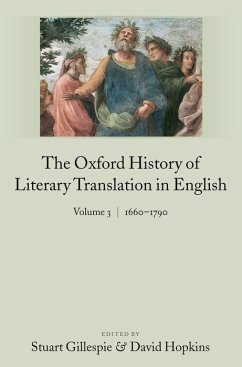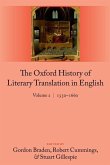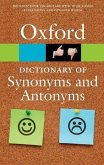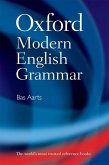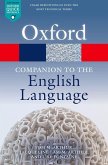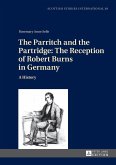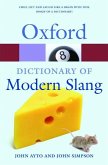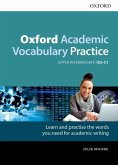Volume 3 draws on the work of thirty-two contributors from six countries in order to deal adequately with the prolific and diffuse nature of the translation phenomenon in the 1660-1790 period, and the challenge it presents to literary scholarship as traditionally organized. To the audience it will find among scholars of English Literature and elsewhere, this complete version of a story hitherto told only piecemeal will be a revelation. This volume proposes a map of the period completely different from those drawn in other modern literary histories, a map in which boundaries between 'original' and translated work in publishers' output, in readers' experience, in writers' oeuvres, and in the English literary achievement as a whole are redrawn or erased at a stroke. What is more, it demonstrates that such a view of English literature was predominant within the period itself.
Volume 3 of the Oxford History of Literary Translation in English, the first of the five to appear, lies at the chronological centre of the History, and explores in full breadth both the rich tradition of translated literature in English, and its centrality to the 'native' tradition.
Quite independently of their wider impact, the translations of the age of Dryden and Pope, Behn and Smart, Macpherson and Smollett in themselves command the fullest attention, and Volume 3 explores their intrinsic interest as fully-fledged English literary works. In this period, translation - particularly from Latin, Greek, and French - acts as a constant point of reference and a crucial shaping force in English writing. It is an era in which key literary innovations - the heroic couplet, the
sublime, primitivism - are fostered, and sometimes directly occasioned, by translation as a discipline and by translations as models. This volume also attends, therefore, to the influence of translation on forms and styles used in the wider literary arena, and its contribution to conceptions of the
English literary canon (for which this period was formative).
Volume 3 draws on the work of thirty-two contributors from six countries in order to deal adequately with the prolific and diffuse nature of the translation phenomenon in the 1660-1790 period, and the challenge it presents to literary scholarship as traditionally organized. To the audience it will find among scholars of English Literature and elsewhere, this complete version of a story hitherto told only piecemeal will be a revelation. This volume proposes a map of the period completely
different from those drawn in other modern literary histories, a map in which boundaries between 'original' and translated work in publishers' output, in readers' experience, in writers' oeuvres, and in the English literary achievement as a whole are redrawn - or erased - at a stroke. What is more, it
demonstrates that such a view of English literature was predominant within the period itself.
Volume 3 of the Oxford History of Literary Translation in English, the first of the five to appear, lies at the chronological centre of the History, and explores in full breadth both the rich tradition of translated literature in English, and its centrality to the 'native' tradition.
Quite independently of their wider impact, the translations of the age of Dryden and Pope, Behn and Smart, Macpherson and Smollett in themselves command the fullest attention, and Volume 3 explores their intrinsic interest as fully-fledged English literary works. In this period, translation - particularly from Latin, Greek, and French - acts as a constant point of reference and a crucial shaping force in English writing. It is an era in which key literary innovations - the heroic couplet, the
sublime, primitivism - are fostered, and sometimes directly occasioned, by translation as a discipline and by translations as models. This volume also attends, therefore, to the influence of translation on forms and styles used in the wider literary arena, and its contribution to conceptions of the
English literary canon (for which this period was formative).
Volume 3 draws on the work of thirty-two contributors from six countries in order to deal adequately with the prolific and diffuse nature of the translation phenomenon in the 1660-1790 period, and the challenge it presents to literary scholarship as traditionally organized. To the audience it will find among scholars of English Literature and elsewhere, this complete version of a story hitherto told only piecemeal will be a revelation. This volume proposes a map of the period completely
different from those drawn in other modern literary histories, a map in which boundaries between 'original' and translated work in publishers' output, in readers' experience, in writers' oeuvres, and in the English literary achievement as a whole are redrawn - or erased - at a stroke. What is more, it
demonstrates that such a view of English literature was predominant within the period itself.

